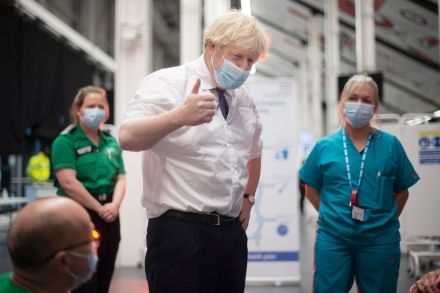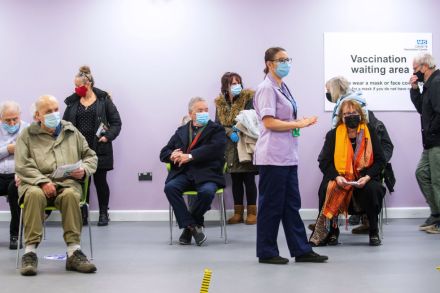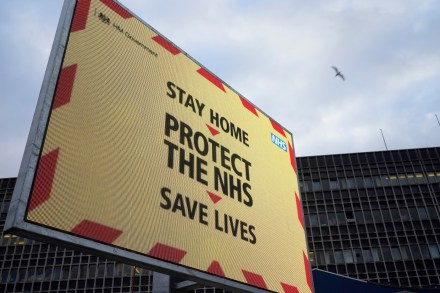Gavin Williamson licks his wounds in the Commons
Of all the government ministries grappling with the impact of the pandemic, the Department for Education has probably had the most torrid – and least impressive – time. There is currently no sign that things are improving, either: in the past week, ministers have had to deal with a highly politically-toxic row over the quality of free school meals for children during lockdown. That row formed the backdrop to today’s education questions in the Commons, where Gavin Williamson and his colleagues were very visibly licking their wounds. Williamson was accused – as he is every time he appears in the Chamber – of being ‘incompetent’, with Labour’s Kate Green complaining that




















